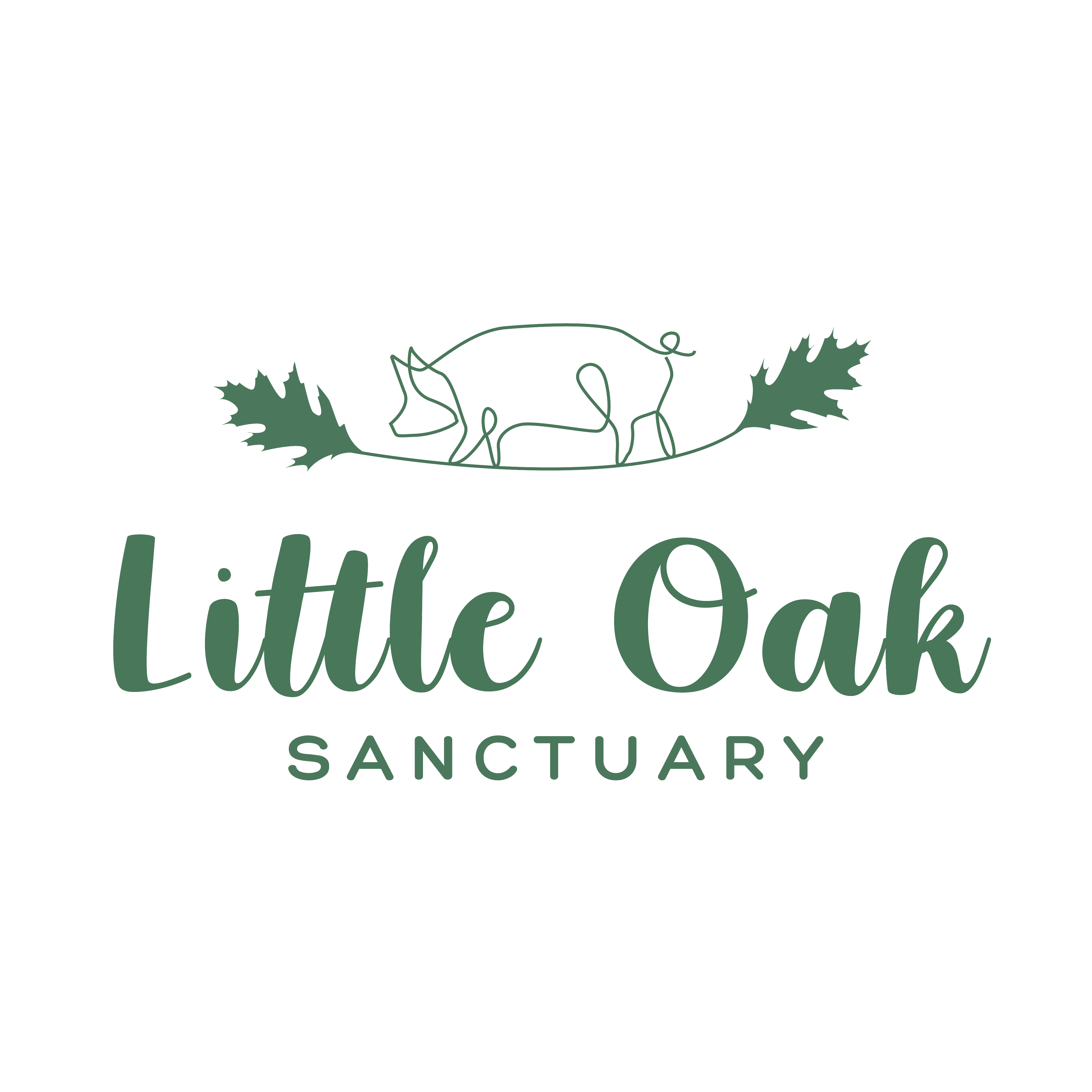For my latest articles and special offers, subscribe to Jess Ang's Intuitive Updates here.
Create Your Own “Happy Ever After” Story

April 2019
Stories
As a child, I noticed that stories – whether shared through books or plays or movies – often ended with the same line: “And they all lived happily ever after”. Typically, this happy ending involved romance and/or marriage celebrated by the main characters. It seemed that a story could not be complete without such an ending.
I came across a book recently called Happy Ever After by Paul Dolan. I spotted this while browsing a bookstore just to pass the time; I had no intention of buying anything there that day, given that I have several books at home still waiting to be read! This particular one caught my eye though, with its catchy heading and a cute smiley gingerbread man and woman on the cover. After a brief skim of the book, I gave in to the urge to buy it.
The book covered the subject of social narratives – those stories that we may hear from the people around us and from society at large about what we should do in order to lead the best sort of life. On the one hand, these stories can be helpful to guide us in making important life decisions. On the other hand, there’s the risk of going along with what society expects of us or what our friends or relatives want for us even if it means sacrificing the sort of lifestyle that would actually make us happy.
There are social narratives or stories related to money, success, education, monogamy, marriage, and children. So, to fit in with these widely accepted stories of our time and culture, we are supposed to strive to make more money (no matter how much we make, we should aim for more), to pursue successful careers, to be well-educated, to stay monogamous in a relationship, to get married after falling in love, and to have children after getting married. This may be the perfect recipe for some people to live a happy life, but it doesn’t suit everyone.
I’ve certainly noticed in the past that during intuitive readings, people tend to ask questions that focus on those social narratives described above. Questions such as “When will my career take off?”, “How can I make more money?”, “Will this relationship lead to a committed marriage?”, and “What will help increase my chances of having children?” are common.
Underlying these questions is the assumption that we’ll feel happier if our career takes off, if we make more money, if we end up married, and if we have children. However, I’ve known people who have shared how incredibly happy they felt even when in debt, while unemployed, while single or non-monogamous or celibate, or childless by choice. Our beliefs about what will make us happy in future don’t always turn out to be accurate.
Perhaps some better questions to ask during a reading include: “What lifestyle will lead me to the most happiness?”, “What sort of career would be most fulfilling?”, “How can I best use the money I have to lead a meaningful life?”, “What can be done to strengthen this relationship so that it brings us joy?”, “Would I be happier having my own children, adopting children, or living child-free at this stage of my life?”
It’s worth noting that from the extensive research carried out on issues related to social narratives, it appears that there’s little evidence to support the idea that living in accordance with these social narratives is necessarily linked to happiness, and is certainly not required in order to lead a fulfilling life.
Comparison: Thief of Joy
What does seem to be supported by research findings, however, is that comparing ourselves to others can make us feel miserable.
For example, people often make the assumption that they’d be happier with a bigger home than the one they already have, but this actually depends on the size of all the other homes nearby, according to research on this topic. So if you upgrade to a larger house in a neighbourhood where all the other houses are gigantic, then your level of happiness is likely to take a hit. If you were to downsize, however, and find yourself amongst neighbours with smaller homes than yours, chances are that you will feel happier about your home situation, even if you were in a larger house before.
Theodore Roosevelt, former president of the United States, was quoted as saying that “Comparison is the thief of joy”. Roosevelt made this statement well before social media became popular, but his statement is consistent with evidence showing a negative correlation between happiness and how much time is spent on social media – in other words, the more time you spend on social media and taking notice of what your friends or acquaintances are doing, the less happy you are likely to be. I remember hearing something similar about magazines in the 1990s – apparently, it was found that the more time spent on reading certain magazines (such as fashion magazines), the more insecure and less satisfied people felt about their bodies. Comparing to fashion models as opposed to average-looking people is not conducive to body satisfaction!
I once heard a business coach speak about the importance of not comparing ourselves to others who appear more successful. The success of others can serve as a reminder of our own potential, but to focus on others’ lives to the extent that we start comparing ourselves to them can lead us to feel dissatisfied with our own. He recommended that instead to comparing to others, we learn to compare who we are now to our previous self. This helps to highlight how much we may have grown, or what we’ve learnt, or the progress that’s been made. We can then aspire or look forward to being an even better version of ourselves down the track. The focus is on our own progress and growth, not on comparing to others. That way, we’re more likely to celebrate and feel inspired by others’ achievements without resenting the fact that we’re not yet achieving the same level of success.
Your Own "Happy Ever After" Story
How would you live if you didn’t have to compare your life with anyone else’s? If the opinions of others didn’t matter at all? If you could be supported and accepted for choosing absolutely any lifestyle (assuming, of course, that your choices would cause no unnecessary harm to others)?
In my book Channel, there was a whole chapter dedicated to the topic of staying true to ourselves no matter what, and of how to say “no” to others when their demands or expectations clash with what our own heart or intuition is guiding us to do. Your ideal lifestyle may align with one or more social narratives, or it may not. Even if you’re judged harshly for it, staying true to yourself is ultimately what’s important.
As a teenager, I cut out a magazine article called A good deed in a naughty world, which really struck a chord in me. The article contained a collection of stories about people who had gone against the grain in terms of what society expected of them, and chose to live in a way which they knew would make them happy – for example, by quitting a high paying job and volunteering overseas, selling off assets and choosing to give away all possessions to provide for others in need, or working significantly less hours in order to enjoy more time with their families.
I think reading these stories influenced my choices after I left school and led me to seek part-time work after completing university rather than devote all my energy to a full-time career. I was judged by some people for this, and was told that I should be working hard during my younger years, because that’s when I would have the most energy to make a lot of money and save up to buy a house (with the unspoken assumption that I wanted to make a lot of money and to buy a house). I was supposed to want those things, but I didn’t.
I know that my choices involved financial sacrifice, but the lifestyle was worth it. I remember working in a casual role during my early twenties, with a flexible boss who let me start my shifts whenever I wanted. I enjoyed rocking up in the late morning, but mentioned to my younger sister one day, “I’m probably losing hundreds of dollars each month because I’m not starting work earlier”, to which she replied, “But sleeping in is priceless”.
Please don’t postpone living the sort of life that you would love, especially if you’re doing this because of what someone else thinks you should do! We all have unique preferences and different desires when it comes to lifestyle choices. You can write down what your ideal lifestyle would look like, without needing to compare your life to others. If comparison is the thief of joy, then staying true to yourself without worrying about the opinions or decisions of others is probably a good way to create your own “Happy Ever After” story.
Click here to receive new articles by email
<-- Previous article Next article -->






